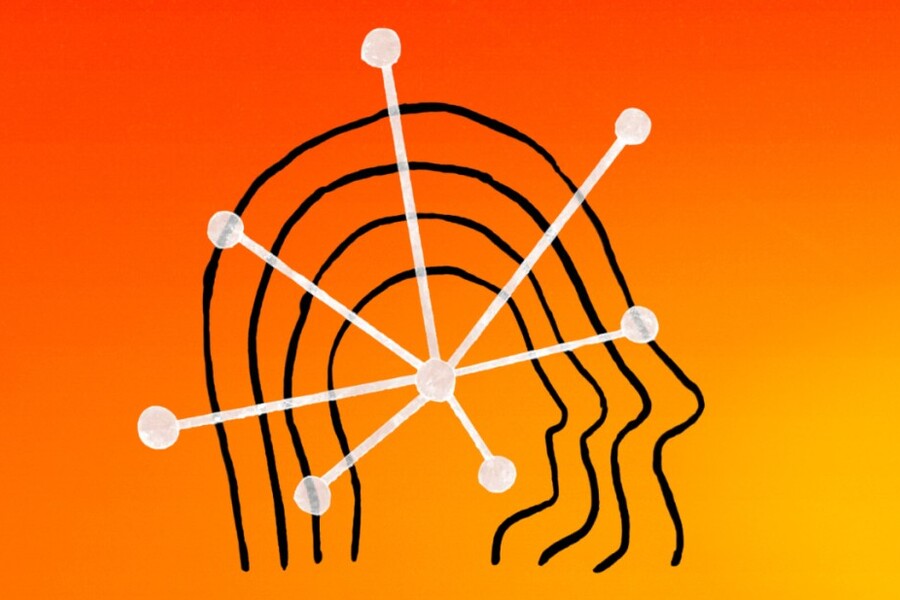Anthropic’s Claude chatbot, a major competitor in the generative AI landscape, has quietly launched a live web search feature—putting it on par with OpenAI’s ChatGPT and Google’s Gemini. While the company hasn’t officially confirmed what search engine underpins this new functionality, growing evidence points to Brave Search as the backbone of Claude’s real-time data retrieval.
Earlier this week, Anthropic added Brave Search to its public-facing “subprocessor list”—a document that outlines third-party services with access to Claude’s data. The addition was first spotted by software engineer Antonio Zugaldia, who noticed the update in the company’s official documentation. This move indicates a formal relationship between the two companies and suggests that Brave’s infrastructure is processing data on Claude’s behalf.
Further confirmation came from British programmer Simon Willison, who conducted a side-by-side test of search queries between Claude and Brave. The results were strikingly similar, even down to the citations provided. Willison also discovered a technical parameter labeled “BraveSearchParams” embedded in Claude’s web search code—another strong signal of Brave’s behind-the-scenes role.
Anthropic has not yet responded to requests for comment on the partnership, but the pattern is becoming clear. With the introduction of this feature, Claude joins the ranks of AI chatbots capable of supplementing their responses with current, real-time information from the web.
Brave Search, developed by privacy-centric browser company Brave Software, is already powering the search functionality of another chatbot: Mistral’s Le Chat. That collaboration was announced publicly in February, and it now appears Brave has secured another high-profile client in Anthropic.
Unlike tech giants Google and Microsoft, which control vast search ecosystems through Gemini and Bing respectively, Brave operates independently and has built its web index. This independence makes Brave an attractive partner for companies like Anthropic that want access to real-time data without aligning with the major U.S. search monopolies. Brave also markets itself as a privacy-first platform, an ethos that aligns with Anthropic’s stated mission of developing “constitutional AI” that prioritizes safety and ethical use.
Despite the benefits of transparency, some AI firms choose to remain discreet about their data partnerships. OpenAI, for example, is known to partner with Bing but has not disclosed all of its data sources. Claude’s new web search feature emerged without a public announcement, and it took the tech community’s sharp eyes to uncover its likely source.
The timing of the integration suggests strategic thinking on Anthropic’s part. As user expectations for AI assistants evolve, having access to the most up-to-date web information has become essential. Chatbots that operate solely on pre-trained models are increasingly seen as limited, especially in scenarios where accuracy, relevance, and freshness of data matter.
Anthropic’s integration with Brave likely enables Claude to deliver more reliable answers for news queries, product updates, or time-sensitive information. However, the quality of the results will depend heavily on Brave’s search capabilities, which, while independent, may not yet rival the breadth of Google’s or Bing’s databases.
What sets Brave apart is its commitment to privacy and user control. The company has long challenged mainstream browser and search engines by offering ad-blocking, anti-tracking features, and crypto-based reward systems. Now, it’s becoming a go-to backend for AI platforms seeking ethical alternatives to traditional data pipelines.
The partnership also illustrates how the AI ecosystem is evolving beyond a handful of dominant players. As the space becomes more crowded, startups like Anthropic and Brave are forging new alliances that could reshape how users experience AI and web search. These collaborations underscore a shift toward modular development, where AI products are built on top of interconnected tools and services, rather than in isolation.
If formally confirmed, the Claude-Brave partnership could raise important questions about transparency in AI search. With users increasingly relying on chatbots for real-time information, knowing where that information comes from is crucial—not just for accuracy, but for trust.
In the coming months, more companies may follow Anthropic’s lead by turning to smaller, independent search providers. This could help diversify the AI search landscape, reduce dependence on a few major tech firms, and offer consumers new choices in how they access information through AI.
While Anthropic remains tight-lipped about the details, its quiet adoption of Brave Search marks a notable shift in the competitive AI space. The move brings Claude closer in functionality to its biggest rivals and signals that even startups without trillion-dollar search backends can still offer competitive, real-time tools—if they pick the right partners.
As the boundaries between chatbots, search engines, and digital assistants continue to blur, partnerships like this one may become the new normal. For now, Claude users may not notice the change—but behind the scenes, it’s Brave Search doing the heavy lifting.


